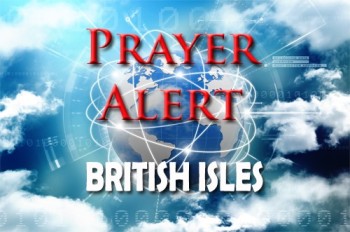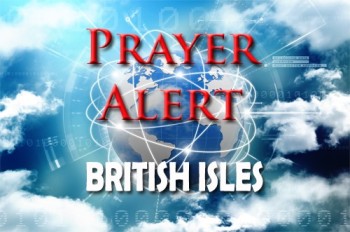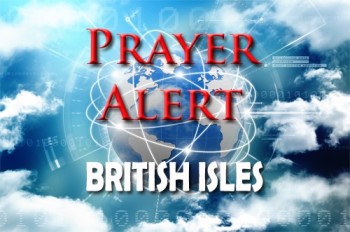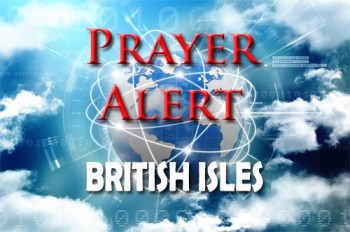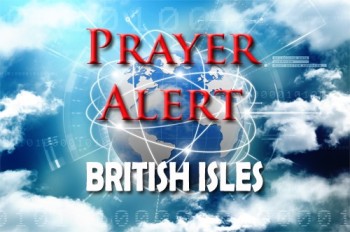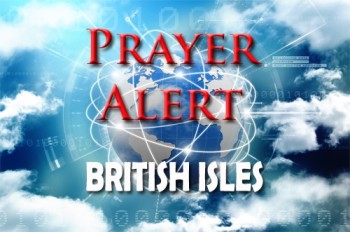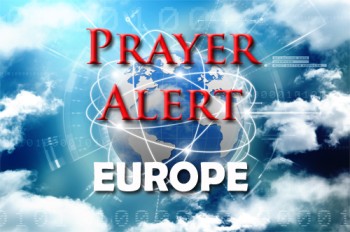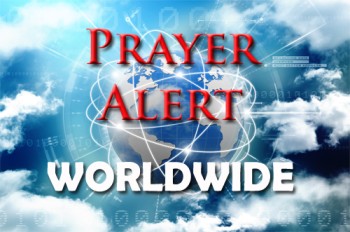Southern Baptists bring timeless message to Winter Olympics
Southern Baptists are seizing a remarkable evangelistic opportunity as the 2026 Winter Olympics unfold in Milan / Cortina. International Mission Board (IMB) missionaries serving across Italy have partnered with hundreds of American volunteers to proclaim the hope of Christ to the nations gathered for the Games. Outreach strategies include distributing Bibles and copies of John’s gospel, hosting welcoming hospitality points, and engaging in Olympic pin trading – each pin carrying a QR code linking to a multilingual gospel presentation. Kim Cruse of Tennessee is leading a team and encouraging bold, faith-filled conversations, reminding volunteers that many people are more spiritually open than we assume. Teams have prepared using AI chat tools to practise engaging with varied worldviews. Missionaries Dylan and Isaura Jeronimo-Lancaster are welcoming faithful church partners, reflecting the power of long-term collaboration. Volunteers testify that such global events offer a rare, God-given opportunity to impact lives from every continent with the timeless message of Christ.
Tim Allen’s 13-month 'no skimming' Bible journey
Actor Tim Allen has publicly celebrated completing a 13-month, word-by-word journey through the entire Bible – a 'no skimming' commitment from Genesis to Revelation. The 72-year-old, known for the films Toy Story and The Santa Clause, shared that he felt 'humbled, enlightened and amazed' by what he read, and plans to begin again after time for reflection and meditation. His announcement drew encouragement from fans and Christian leaders, including Family Research Council president Tony Perkins, who invited him to join a two-year Bible study. Allen has become increasingly open about his faith, and in a recent podcast he reflected on the relationship between God’s law and human sin. Last year he revealed he had never previously read the Bible fully; he began with the Old Testament and found it 'amazing and not at all what I was expecting’. He has also called for clearer Christian themes in The Santa Clauses series, insisting Christmas be recognised as rooted in Christ.
EU 'the biggest prize', Reeves says
Rachel Reeves has described closer trade relations with the EU as 'the biggest prize' for the UK economy, signalling Labour’s desire for further alignment with Europe. She said that while deals with India, the USA, and other nations are welcome, none compare in scale to improving trade with the EU, which accounts for nearly as much UK trade as the rest of the world combined. She favours removing barriers for businesses and rebuilding trust with European partners, citing renewed participation in the Erasmus programme and plans for a Youth Mobility Scheme as signs of progress. Though Labour’s manifesto rules out rejoining the single market or customs union, several senior figures have suggested deeper integration could boost growth. Critics accuse the Government of attempting to dilute Brexit, warning against surrendering tariff control or repeating complications seen in other customs arrangements.
Police probe into claims that a woman was sent to UK for sex with Andrew
Thames Valley Police have confirmed they are assessing fresh allegations that a woman was allegedly sent to Windsor in 2010 for 'sexual purposes' involving Andrew Mountbatten-Windsor. Officers are liaising with US law enforcement after reports linked to the late Jeffrey Epstein resurfaced. They say that no formal complaint has been made directly to them by the woman or her lawyer, but they are following established procedures and taking the matter seriously. Mountbatten-Windsor has repeatedly denied any wrongdoing. Two other women have previously alleged they were sent to the UK in connection with Epstein, one being Virginia Giuffre, who claimed this happened in 2001. Police are also assessing email messages which appear to show that confidential documents were shared with Epstein during Andrew’s time as trade envoy. Former prime minister Gordon Brown has urged a thorough re-examination of earlier investigations.



